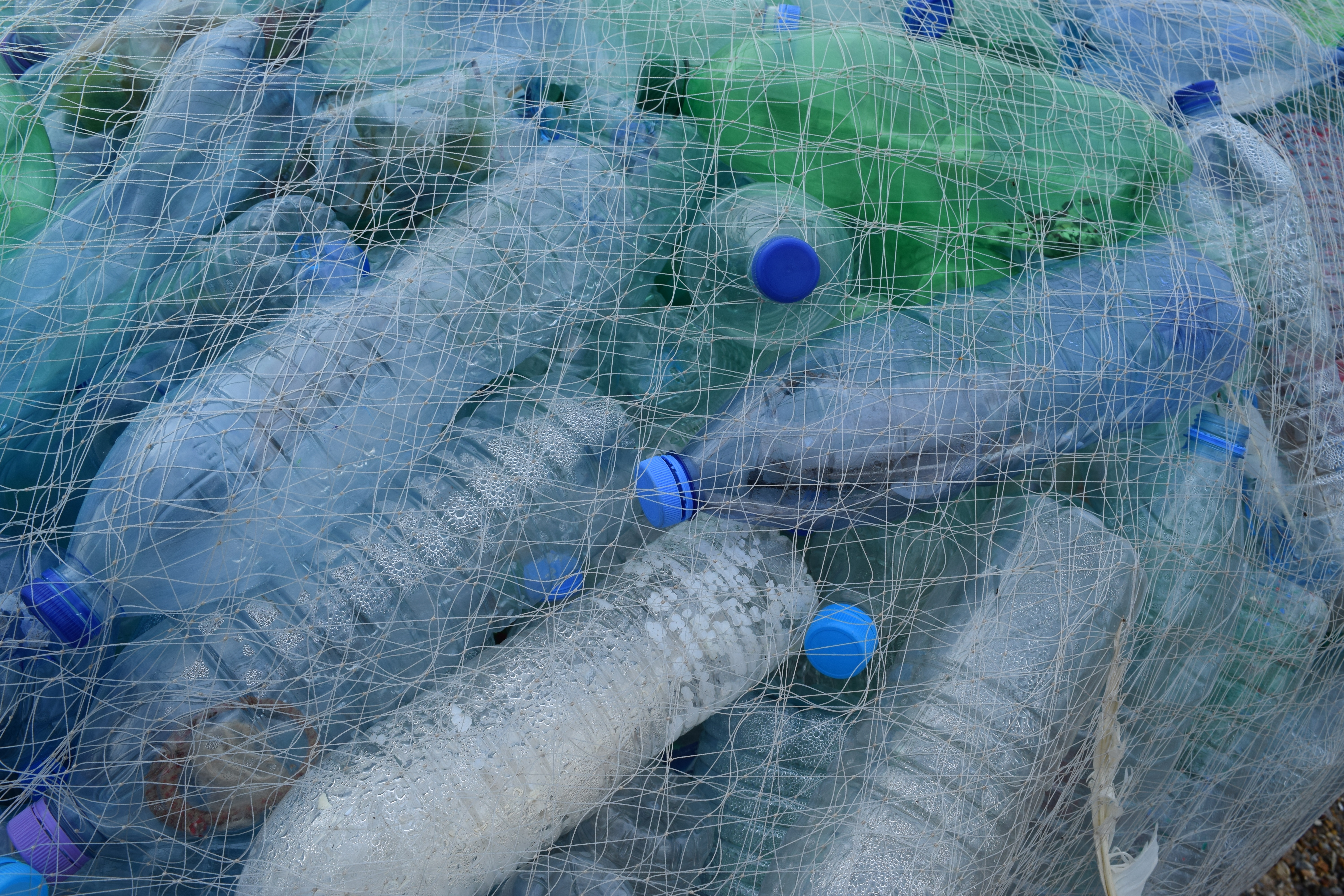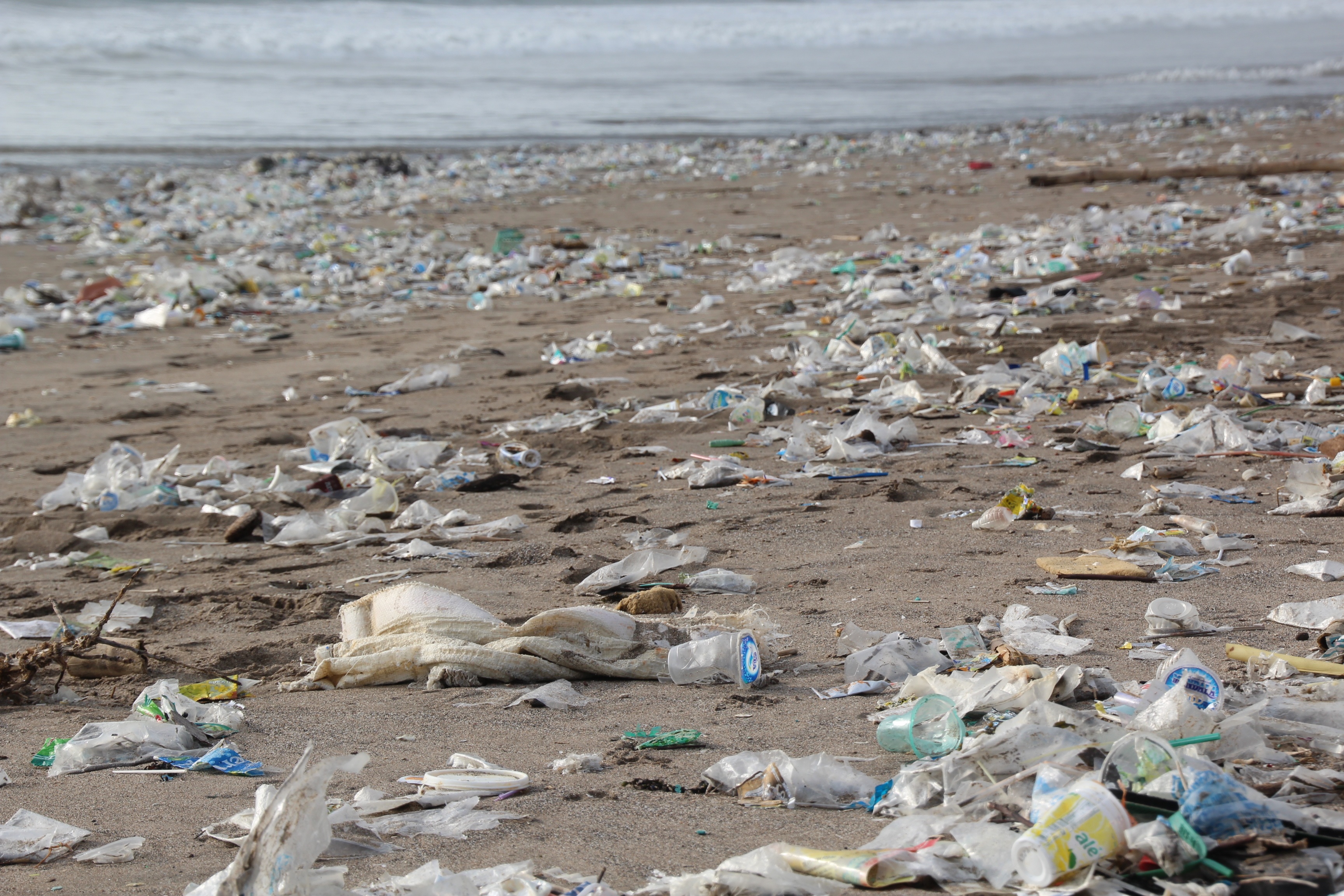Pressure Cooker for Plastic-free Rivers
Just 10 rivers contribute to 90% of plastics found in the oceans. But besides acting as conveyor belt of plastics to the seas, rivers themselves are also affected by the waste. Plastics effect the ecology and environment of rivers, create health risks for animals and humans, and cause clogging and flooding.
There are currently a lot of initiatives on plastics in the environment. With a pressure cooker TU Delft | Global Initiative wanted to structure these initiatives from a knowledge perspective by using an integral approach to identify current knowledge gaps. During the pressure cooker we looked at the whole chain, from ‘Detection’ to ‘Mining’ and ‘Recycling’ of plastics, and identified opportunities for innovation. The focus is on cleaning up the rivers and making them plastic-free, by considering plastic waste not as waste, but as a valuable resource: a raw material that can be used for making new materials, thus creating an economic and societal circularity.


Prof. Wim Uijttewaal, Program Leader of the TU Delft | Global Initiative Plastic Free Rivers Program, introduced the workshop and the background. He explained the parts of the plastic river chain (detecting, mining, recycling) and why it is important to tackle the plastics problem by focusing on rivers. The overall goal of the afternoon was to initiate concrete research plans with corresponding follow-up actions that lend themselves for research funding, and to create consortia (with universities, companies, start-ups, NGOs and government) accordingly.

